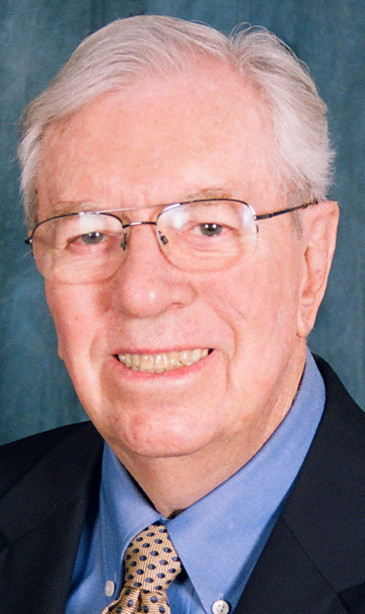Some things never change
Illusionary “term limits”
Sen. Joseph Griffo, a Republican from Utica, and Assemblywoman Sandra Galef, a Democrat from Westchester, have sponsored legislation that would cap the time someone could serve as Assembly speaker or Senate majority or minority leader at 12 years. If applied to troubled Assembly Speaker Sheldon Silver, he would no longer be able to serve in that particular capacity after the year 2025.
The Senate now limits the term of majority leader to eight years, but the Assembly has no limits. A previous bill never made it out of committee.
It’s hard to even imagine the shallowness of their respective bills. Real “term limits” are needed now, on every level of elected office. Nothing short of that will accomplish anything of value.
“A reminder of how pervasive corruption is in the Empire State.” This headline appeared in the Sept. 15 edition of “The Economist” dealing with the censure of New York Assemblyman Vito J. Lopez, (chairman of the state’s Democratic Party) based on sexual harassment claims filed by two female employees and an apparent cover-up involving Assembly Speaker Silver. The article’s closing paragraph is worth repeating:
“The row over Mr. Lopez and the possible secret settlement serves as a reminder that New York politics is still a long way from transparent, despite Governor Cuomo’s promises to ‘Clean up Albany.’ To be fair he did create an independent ethics panel, but changing Albany is a huge undertaking. A recent report by the University of Illinois at Chicago found that, between 1976 and 2010, 2,523 elected New York officials have been convicted of public corruption. As Dough Muzzio, a political scientist at Baruch College, notes, ‘Cleaning up Albany would need a thunderstorm of bleach.’ ”
I doubt term limits would help. They might just limit the number of occurrences.
Exploiting the laws of probability
The watchdog group Common Cause, in a recent report, found that gambling interests plowed almost $50 million into Albany over the past seven years. That includes $7 million to the campaign accounts of governors, legislators and political parties since 2005.
The report further claims this “cash wave is rising, drowning out the voices of those who do not believe turning New York into another Las Vegas East will truly benefit the economy.”
The longer-term solution – as many groups argue – is campaign finance reform that limits the influence of deep-pocketed donors, and gives New Yorkers a greater say in running their state. Meanwhile, Susan Lerner, executive director of Common Cause New York says, “I begin to feel that the lobbying industry is pushing our entire public policy discussion and making out like a bandit.”
These calamities are enduring and troublesome beyond belief.

 39.0°,
Fair
39.0°,
Fair 




